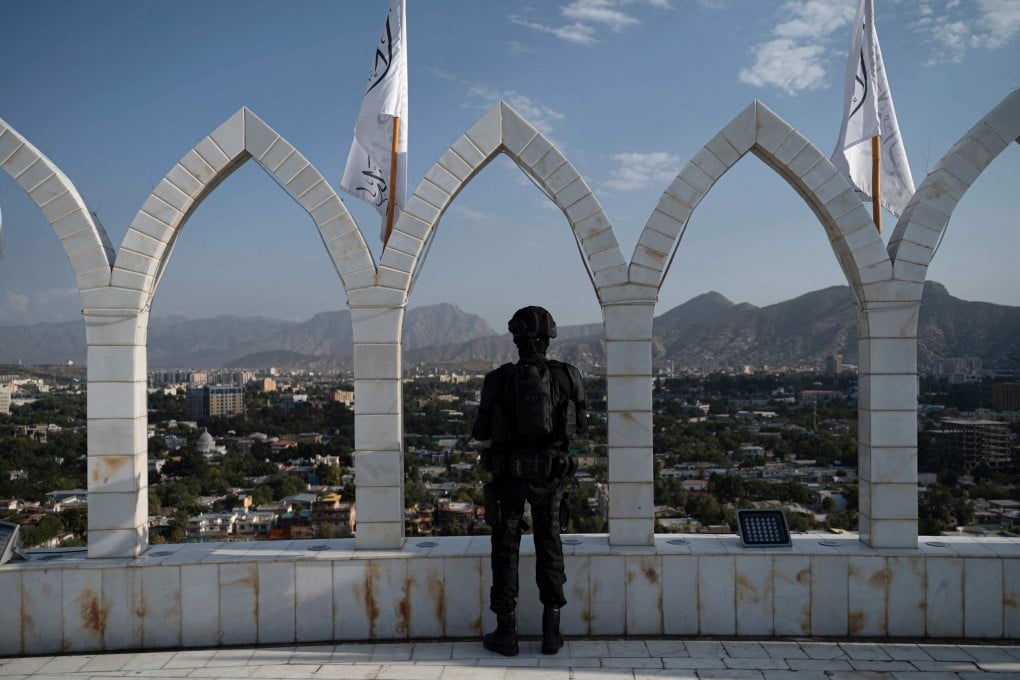Opinion | China won’t be filling the void left by the US in Afghanistan any time soon
- Rather than being quick to gain an edge in Afghanistan following the US withdrawal, China, along with Russia and Iran, remains uneasy about security threats coming from the country
- Meanwhile, the Taliban government is frustrated at the lack of economic support being provided by its neighbours

Underpinning this was a general sense of Western decay which “adversary” powers –China, Russia, Iran – would be able to take advantage of. Yet as we have seen ahead of this month’s meetings known as the Moscow format talks, these powers are having as many, if not more, problems with the Taliban government as the West.
The Moscow format is a Russia-initiated group that was established in 2017 to bring together Afghanistan’s neighbours. It includes Russia, China, India, Iran, Pakistan, Kazakhstan, Kyrgyzstan, Tajikistan, Turkmenistan and Uzbekistan.
It is consequently quite a turnaround for Russian coordinator Zamir Kabulov to announce that “the Taliban delegation will not take part [in the meeting], it is only for members of the Moscow format”. The format in his view was to focus on fostering closer cooperation among Afghanistan’s neighbours, while encouraging the Taliban to act on women’s rights and deal with terrorist threats.
Kabulov did not offer any explanation for not inviting the Taliban to the talks. It is not hard, however, to guess why.
